- About me
- Publications
- Ren. in El. Markets
- Module 1 – Fundamentals of electricity markets
- Module 2 – Electricity spot markets (e.g., day-ahead)
- Module 3 – Intra-day and balancing markets
- Module 4 – Ancillary services
- Module 5 – Impact of renewables on electricity markets
- Module 6 – Participation of renewables in electricity markets
- Module 7 – Introduction to renewable energy analytics
- Module 8 – Verification of renewable energy forecasts
- Module 9 – Renewable energy forecasting – First steps
- Module 10 – Renewable energy forecasting – Advanced topics
- Additional industry interviews
- Interviews with former students
- Exercises
- Int. J. Forecasting
- Contact
- Download CV
2022
Publication Types:

Variable heat pricing to steer the flexibility of heat demand response in district heating systems
2022ArticleJournal paper
Electric Power Systems Research 212, art. no. 108383
Publication year: 2022

Trading data for wind power forecasting: A regression market with Lasso regularization
2022ArticleJournal paper
Electric Power Systems Research 212, art. no. 108442
Publication year: 2022
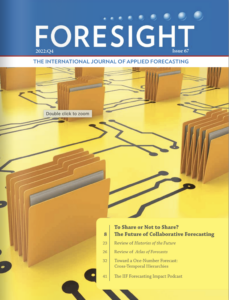
To share or not to share? Alternative views on a future of collaborative forecasting
Distributed data refers to information that flows from different sources and possibly different owners. Getting top value from distributed data requires a paradigm shift towards collaborative forecasting. Alternative frameworks exist to support collaborative forecasting, from collaborative analytics to data markets, and from analytics markets to prediction markets. While we should accept that not all data will be openly shared, rethinking forecasting processes with modern communication, distributed computation, and a market component could yield substantial improvements in forecast quality while unleashing new business models
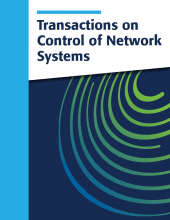
Stochastic control and pricing for natural gas networks
2022ArticleJournal paper
IEEE Transactions on Control of Network Systems 9(1), pp. 450-462
Publication year: 2022

Reliability-aware probabilistic reserve procurement
2022ArticleJournal paper
Electric Power Systems Research 212, art. no. 108345
Publication year: 2022
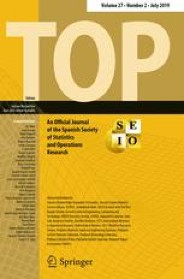
Regression markets and application to energy forecasting
Energy forecasting has attracted enormous attention over the last few decades, with novel proposals related to the use of heterogeneous data sources, probabilistic forecasting, online learning, etc. A key aspect that emerged is that learning and forecasting may highly benefit from distributed data, though not only in the geographical sense. That is, various agents collect and own data that may be useful to others. In contrast to recent proposals that look into distributed and privacy-preserving learning (incentive-free), we explore here a framework called regression markets. There, agents aiming to improve their forecasts post a regression task, for which other agents may contribute by sharing their data for their features and get monetarily rewarded for it. The market design is for regression models that are linear in their parameters, and possibly separable, with estimation performed based on either batch or online learning. Both in-sample and out-of-sample aspects are considered, with markets for fitting models in-sample, and then for improving genuine forecasts out-of-sample. Such regression markets rely on recent concepts within interpretability of machine learning approaches and cooperative game theory, with Shapley additive explanations. Besides introducing the market design and proving its desirable properties, application results are shown based on simulation studies (to highlight the salient features of the proposal) and with real-world case studies.
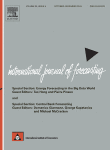
Pandemics and forecasting: The way forward through the Taleb-Ioannidis debate
2022ArticleJournal paper
International Journal of Forecasting 38(2), pp. 410-412
Publication year: 2022
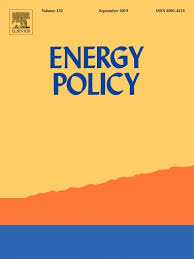
North Sea energy islands: Impact on national markets and grids

Multi-stage linear decision rules for stochastic control of natural gas networks with linepack
2022ArticleJournal paper
Electric Power Systems Research 212, art. no. 108388
Publication year: 2022
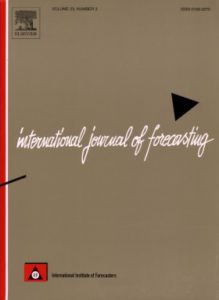
Forecasting: theory and practice
2022ArticleJournal paper
International Journal of Forecasting 38(3), pp. 705-871
Publication year: 2022

Editorial: Epidemics and forecasting with focus on COVID-19
2022ArticleJournal paper
International Journal of Forecasting 38(2), pp. 407-409
Publication year: 2022
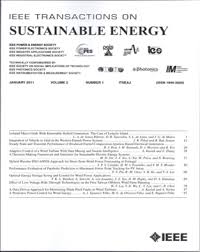
Continuous and distribution-free probabilistic wind power forecasting: A conditional normalizing flow approach
2022ArticleJournal paper
IEEE Transactions on Sustainable Energy 13(4), pp. 2250-2263
Publication year: 2022
We present a data-driven approach for probabilistic wind power forecasting based on conditional normalizing flow (CNF). In contrast with the existing, this approach is distribution-free (as for non-parametric and quantile-based approaches) and can directly yield continuous probability densities, hence avoiding quantile crossing. It relies on a base distribution and a set of bijective mappings. Both the shape parameters of the base distribution and the bijective mappings are approximated with neural networks. Spline-based conditional normalizing flow is considered owing to its non-affine characteristics. Over the training phase, the model sequentially maps input examples onto samples of base distribution, given the conditional contexts, where parameters are estimated through maximum likelihood. To issue probabilistic forecasts, one eventually maps samples of the base distribution into samples of a desired distribution. Case studies based on open datasets validate the effectiveness of the proposed model, and allows us to discuss its advantages and caveats with respect to the state of the art.
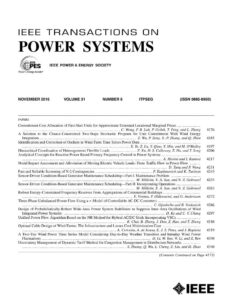
An asynchronous online negotiation mechanism for real-time peer-to-peer electricity markets
2022ArticleJournal paper
IEEE Transactions on Power Systems 37(3), pp. 1868-1880
Publication year: 2022

